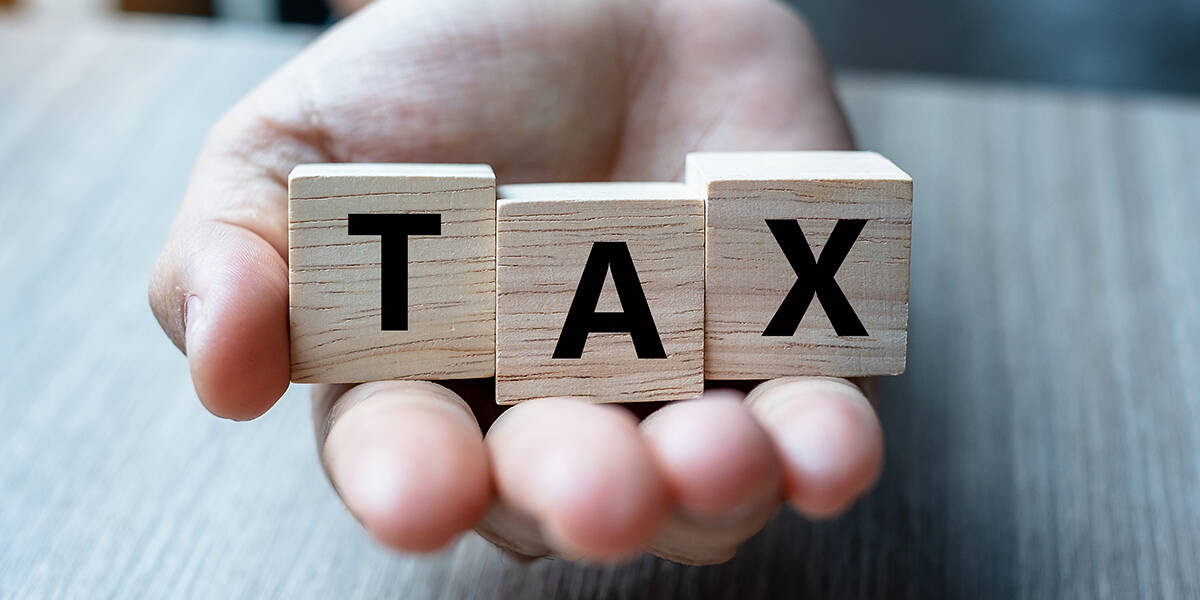

Individuals may need tax guidance due to complex tax laws, unique financial situations, legal compliance, maximizing benefits, changing tax laws, avoiding pitfalls, peace of mind, specialized knowledge, time, savings, and how to pay tax in Hong Kong.
This article offers an overview of Hong Kong’s personal tax system, commonly known as salary tax. It covers key aspects of Hong Kong’s salary tax rates, income tax, and the essential procedures for tax returns.
Key aspects of Hong Kong’s salary tax:
- Territorial Tax System: Hong Kong employs a territorial tax system where only income earned within Hong Kong is subject to taxation. Income from sources outside Hong Kong is generally not taxed.
- Progressive Tax Rates: The salaries tax in Hong Kong is progressive tax, with rates that increase as income rises. As of the last update, the tax rates are as follows:
- 1 to 50,000 HKD: 2%
- 50,001 to 100,000 HKD: 6%
- 100,001 to 150,000 HKD: 10%
- 150,001 to 200,000 HKD: 14%
- 200,000 + HKD: 17%
- Standard Deductions: Individuals are entitled to standard deductions on their total income, which can reduce their chargable income.
- Allowances and Deductions: Hong Kong provides various allowances and deductions, including those for dependents, disabled dependents, and mandatory contributions to recognized retirement schemes. These can further reduce chargable income.
- Tax Filing: Taxpayers are required to file an annual tax return with the Inland Revenue Department (IRD) in Hong Kong. The tax year typically runs from April 1st to March 31st.
- Employer Reporting: Employers are responsible for reporting their employees’ income to the IRD.
- Tax Rebates: The government occasionally offers tax rebates or reductions to provide relief to taxpayers. These rebates can vary from year to year and are subject to government announcements.
- E-filing: Hong Kong encourages taxpayers to file their tax returns electronically through the government’s online system, which simplifies the filing process.
- Double Taxation Relief: Hong Kong has double taxation agreements with many countries to prevent double taxation on income. Taxpayers can often claim tax credits or exemptions based on these agreements.
- Penalties for Non-Compliance: Failure to file tax returns, underreporting income, or late payment of taxes can result in penalties and fines.
- Tax Advisors: Many individuals seek the assistance of tax professionals or advisors to ensure accurate tax compliance and optimize their tax positions.
- Review and Audit: The IRD may review or audit tax returns to verify the accuracy of reported income and deductions.
It’s essential for individuals earning income in Hong Kong to understand the rules and regulations surrounding salary tax and to comply with their tax obligations to avoid penalties and legal issues. Tax laws and rates may change over time, so it’s advisable to consult with the Inland Revenue Department or a tax professional for the most up-to-date information.
Discovering how to pay tax in Hong Kong
Here’s how to pay tax in Hong Kong while ensuring a safe and convenient tax payment process. Hong Kong offers several electronic payment options. You can settle your tax dues, business registration fees, stamp duty, or purchase Tax Reserve Certificates (TRCs) using telephone, internet, or bank Automatic Teller Machine (ATM) services. Here are the key points to note for electronic payments:
- Payment by telephone:
Utilize PPS (Payment by Phone Service) for round-the-clock bill payments through phones, internet, or the mobile app “PPS on Mobile.”
- Payment via internet:
Make payments via the internet through various platforms, including PPS, e-Cheque/e-Cashier Order, and the Faster Payment System.
- Payment via ATM:
Pay conveniently at HSBC, Hang Seng Bank, or JETCO ATM networks. Simply bring your bill or account number to an ATM with “Bill Payment” signage or the “JET PAYMENT” logo and select the “Bill Payment” function.
Important Notes for Electronic Payments:
- When using the Faster Payment System (FPS) to pay your IRD bill, scan the FPS QR code on the bill for payment.
- For telephone, internet, or bank ATM payments, use the “Shroff Account Number for electronic payments” or the 11-digit “Shroff Account Number” from the tax demand note.
- For business registration fee payments, input the 16-digit “Business Registration Certificate Number.”
- When purchasing Tax Reserve Certificates (TRCs), use the 13-digit “TRC Account Number.”
- For Stamp Duty and Court Fee payments via e-Cheque or e-Cashier, input the respective Charge Number.
- E-receipts are issued through eTAX accounts for electronic tax payments and TRC purchases. Paper receipts are not provided.
- Be aware of the daily transaction cut-off times set by payment service providers. Payments made before these cut-off times will be considered and received on the same day.
- The daily transaction limit varies depending on your payment method (ATM card, bank account, or e-wallet). Ensure the full amount is paid by the due date, even if you need to split payments over multiple days.
By following these guidelines, you can conveniently and securely manage your tax payments in Hong Kong.
How frequently must I submit my income reports to the Inland Revenue Department (IRD)?
In Hong Kong, salary tax follows an annual assessment cycle from April 1st to March 31st. Taxpayers typically file annual tax returns. Those with income below the allowance threshold are exempt unless they receive a return from the Hong Kong Inland Revenue Department (IRD). Provisional salary tax may apply. For those who started working before April 1, 2022, reporting income is divided into specific assessment years. Taxpayers usually have one month to file returns, and non-compliance with tax laws can result in penalties.
As a first-time taxpayer, when can I expect to receive a tax return from the IRD?
Typically, tax returns (BIR60) are sent to regular taxpayers in early May each year. However, for first-time taxpayers, there’s no fixed date due to file creation time. Generally, first-time taxpayer tax returns are issued within 5 months after:
- Your employer notifies the IRD of your new employment (using Form IR56E), or
- You notify the Commissioner of your salaries tax liability.
Occasionally, first-time taxpayers may receive a BIR60C instead of a BIR60.
Must I keep records of my income and eligible expenses for taxation?
Yes, it’s recommended. Salaries tax assessments rely on this information. Keep records to support objections against over-assessment and provide receipts for expense claims, like donations and subscriptions. Failure to produce receipts can lead to claim rejection or deduction withdrawal. Keep receipts for 6 years after the tax year, as they may be needed for reviews.
Our assistance
Premia TNC offers services that encompass completing and filing individual income tax returns, preparing and submitting tax computations with supporting schedules, handling offshore income claims, and facilitating communication with the IRD regarding individual income tax assessments, objections, and correspondence.
FAQs
What's the personal income tax rate in Hong Kong?
It ranges from 2% to 17% based on income levels.
Is foreign income taxed in Hong Kong?
No, Hong Kong taxes only income earned within its borders.
When should I file my tax return in Hong Kong?
By the end of May, covering the tax year from April 1st to March 31st.
Can I claim deductions or allowances in Hong Kong?
Yes, you can claim for dependents allowance, mandatory contributions that you makes to an MPF scheme, and more.
What if I miss the tax return deadline in Hong Kong?
Late filing can lead to penalties and fines, so timely compliance is vital.



premiatnc
View All BlogsRelated Posts
April 18, 2024
Initiating Maximum Returns with Hong Kong Tax Incentives
Hong Kong, renowned for its dynamic…
April 15, 2024
Trademark Registration In Hong Kong: What You Should Know
Trademark registration in Hong Kong…
April 15, 2024
Importance of Hong Kong Company Financial Statements: How to Prepare It Well
In the realm of business, Hong Kong…




